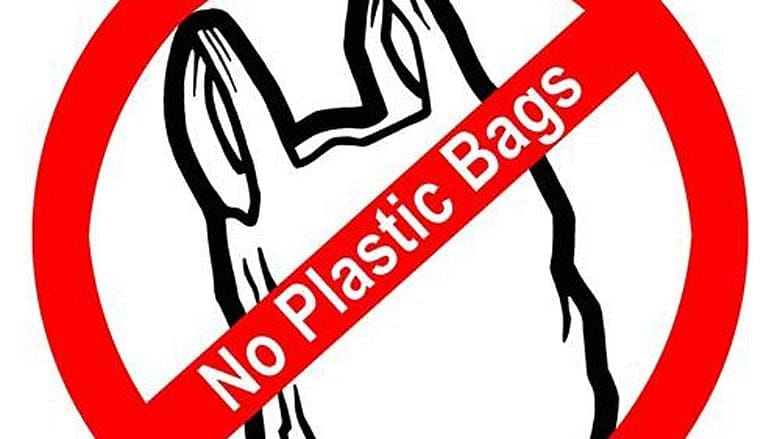Plastic bag ban could become Massachusetts law

BOSTON — Residents across the commonwealth may soon face what shoppers in 20 Bay State municipalities already experience every time they go to the store — a ban on disposable plastic shopping bags.
The latest shot fired in the war on plastic takes the form of proposed legislation, the Plastic Bag Reduction Act, filed by state Rep. Lori Ehrlich, a Marblehead Democrat. Ehrlich's bill seeks not only to reduce but to eliminate the use of thin-film bags by the summer of 2018.

